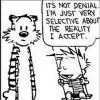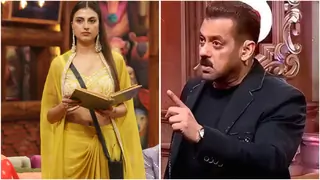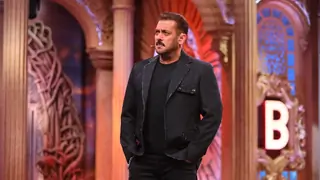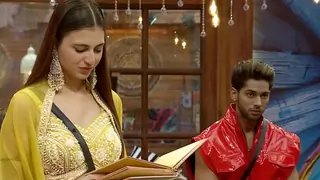Whoa! So much to read and so much to think about! Including the chicken business 😆
Okay, I wanted to respond individually to points that were made in respective posts, but found that my thoughts were getting more and more muddled. I would pick one thought and try my best to stay with it, but it would stray :( I am now swimming between "shades of love", "being in love", "compatibility", and so on.
Compatibility, marriage, love, trust, and understanding. Compatibility makes for a good marriage even if 'love' does not take you all the way into making a successful marriage. Love and trust are inseparable. Where there is love, there must be trust. Else, it is not love. This is what I have been able to get from the conversation between Ankita and Radhika on Page 4 (I think).
I am going to share my muddled thoughts through an anecdote.
I was in Delhi recently and my colleague (also female) and I started venturing into personal stuff. She was talking about the guy she was currently seeing and something she said indicated that she did love him, but would never marry him. The nature of our conversation was such that I was able to directly ask her if she would marry him.
Long, endless pause.
The slow and careful response I got was "had this been there instead of this...had this been different about him..." and so on. So I asked her in the most direct manner possible "Would you marry him now for what he is"? She said "No". She also added that despite the things missing in him, she did really feel a lot of love for him, but would not be able to reconcile living with those missing elements for a lifetime. Please note. The missing elements in the person were her concern...not the person himself.
When I asked her why she was with him, there wasn't much of a response. We spoke about what she wanted in a spouse and the qualities she listed were a far cry from the ones her boyfriend possessed. Yet, she insisted she felt love for him. So, what's the glue that keeps this couple together? For whatever time they are together...
First of all, I am not sure if this is love or whether she was in love with "the idea" of love and of being in a relationship. I could connect Arpita's statement about "loving" and "being in love" with this instance (although Arpita meant it differently). Loving a person should take all drawback into account. There was also a bit of taking for granted because the assumption was that his investment in the relationship is to the same extent as hers.
Coming to marriage, and love in a marriage, many times, I hear this statement "once you get married, this will change about you" or "you can get the fellow to change this about himself". I have often wondered how far this is possible. Where there is real love, I suppose, the individuals will automatically change a bit. To my mind, it happens only in fairy tales that a frog is kissed and turns into a prince. In real life, we might find that the frog after being kissed many times over, still remains much the frog. There have been elders who talk about the
potential that women have to change someone. I don't think anyone change someone else. This also becomes scary because potential is intangible. It is vague and unrealized for the most part. The difference between what a person is and what he/she can potentially become is huge.
Sorry for the mindless ramble. If nothing made sense, please overlook.
It also occurs to me that we do not have a single male perspective on this topic. I am sure they would look at this differently. Did the men on the forum even open this topic and read through the pages? I wonder...


























